Interpretations
Interpretations is one of the concepts that is specific to history and that makes it distinct as a subject. Children must understand that history is not black and white but rather shades of grey. There are no right answers but rather different versions of the truth. This concept recognizes both the subjective nature of historical evidence and the validity of multiple narrators. Children need to understand that primary evidence including oral history is not necessarily objective but depends on why the account was created. They also need to be aware that the different stories about the same event can both be true depending on the point of view of the narrator. This concept considers the reliability of evidence looking at fact, bias or point of view.
-

What is so important about interpretations?
ArticleClick to view -

Significance and interpretation in primary history
ArticleClick to view -
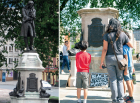
Re-evaluating the role of statues
ArticleClick to view -
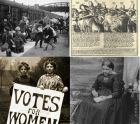
Storytelling the past
ArticleClick to view -

Film: What's the wisdom on... Historical Interpretations (Primary)
ArticleClick to view -

Using different sources to bring a topic to life: The Rebecca Riots
ArticleClick to view -
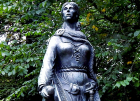
Scheme of Work: Grace O'Malley
ArticleClick to view -

Getting to grips with concepts in primary history
ArticleClick to view -

To boldly go: exploring the explorers
ArticleClick to view -

What confuses primary pupils in history? Part 2
ArticleClick to view -

What can you tell about the Maya from a Spanish soldier?
ArticleClick to view -

The Vikings: ruthless killers or peaceful settlers?
ArticleClick to view -
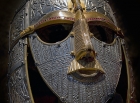
A trail of garnet and gold: Sri Lanka to Anglo-Saxon England
ArticleClick to view -

Studying the Maya
ArticleClick to view -
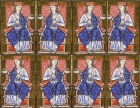
Anglo-Saxon Women
ArticleClick to view -
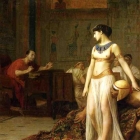
What made Cleopatra so special?
ArticleClick to view -
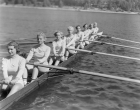
Celebrate your sporting heritage
ArticleClick to view -

Our Iron Age challenge
ArticleClick to view -
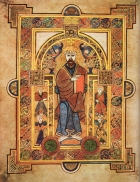
Using original sources
ArticleClick to view -

Using Horrible History to develop primary literacy and history
ArticleClick to view

